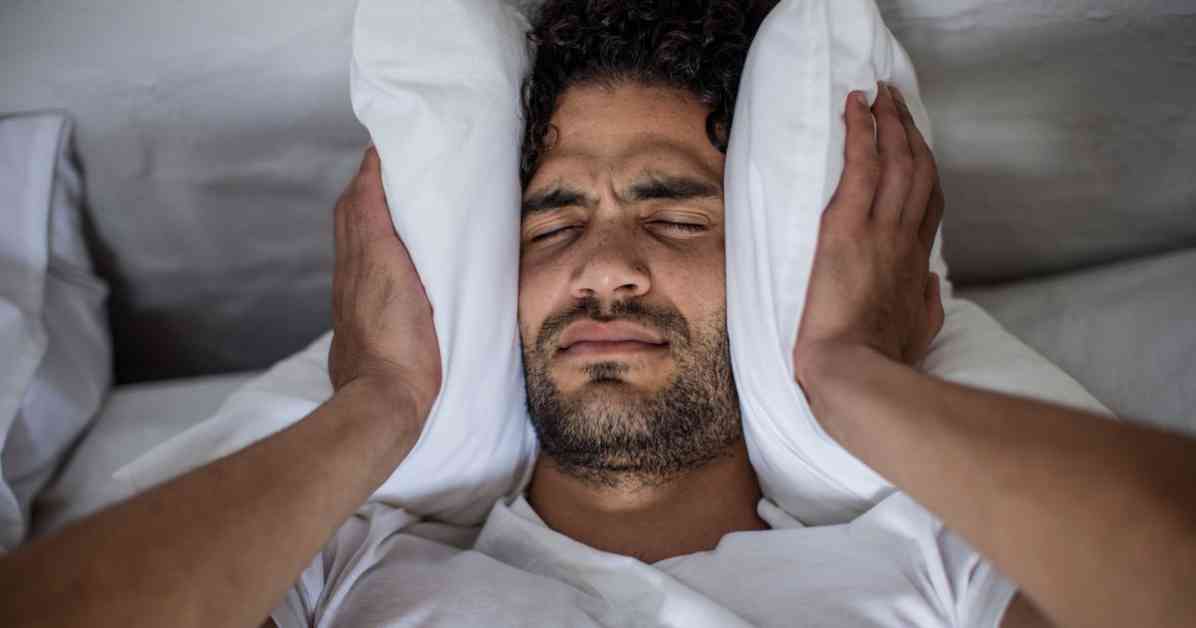London is a bustling city with a lot of noise, making it difficult for many to get a good night’s sleep. The constant sound of cars on the road or trains running on tracks can disrupt one’s peace. Bedroom furnishings experts, Bed Kingdom, used data from a peer review to determine which areas in London experience the most sleep disruption due to transport noise pollution.
According to the data, planes were found to be the biggest disruptors of sleep, especially for those living near Heathrow Airport. Hounslow was identified as the worst borough for sleep disruption, primarily due to the noise pollution from aircraft. Following closely behind was Richmond-upon-Thames, which is also affected by the flight path to Heathrow Airport. The City of London ranked third, with road traffic being the main source of noise pollution in the area.
Kensington and Chelsea came in fourth on the list, with road traffic causing significant sleep disruption. Camden, on the other hand, had a moderate level of road traffic noise but scored highest for railway noise, placing it fifth on the list. Other boroughs that made it to the top ten list for sleep disruption caused by transport noise pollution were Islington, Westminster, Wandsworth, Tower Hamlets, and Lambeth.
On the contrary, Sutton was identified as the borough with the least sleep disruption from transport noise pollution, followed by Havering and Bexley. This study sheds light on the challenges faced by residents in different parts of London when it comes to getting a good night’s sleep amidst the noise pollution from various modes of transportation. It also highlights the need for measures to mitigate noise pollution in these areas to improve the quality of life for residents.
Living in a noisy borough in London can take a toll on one’s well-being, affecting sleep quality and overall health. Noise pollution has been linked to various health issues, including stress, anxiety, and cardiovascular problems. It is essential for local authorities to address this issue and take steps to reduce noise pollution in highly affected areas. This could involve implementing noise barriers, enforcing noise regulations, or exploring alternative transportation options to minimize the impact of noise on residents.
In conclusion, the study conducted by Bed Kingdom highlights the impact of transport noise pollution on sleep quality in different boroughs of London. By identifying the areas with the highest levels of sleep disruption, it provides valuable insights for policymakers and city planners to address this issue effectively. Improving the quality of sleep for residents in noisy boroughs is crucial for enhancing their overall well-being and quality of life.












